India becomes fourth 'most equal' country globally
This is in addition to a sharp decrease in extreme poverty, which has dropped from 16.2 per cent in 2011-12 to 2.3 per cent in 2022-23.
PTI
-
The government attributed this achievement to a sharp reduction in the poverty level in the last decade (Photo: Wikipedia)
New
Delhi, 5 July
Inequality in India has come down significantly between 2011-12
and 2022-23, making it the fourth-most equal country globally, according to a
World Bank report.
This
is in addition to a sharp decrease in extreme poverty, which has dropped from
16.2 per cent in 2011-12 to 2.3 per cent in 2022-23, an official release said
quoting World Bank data.
The
government attributed the reduction in inequality to various initiatives and
schemes pursued during the last decade.
The
only three countries which have a better Gini Index score, a measure of
equality, are the Slovak Republic, Slovenia and Belarus.
India
is much better placed than countries like China, the USA and the United
Kingdom.
"...India's
Gini Index stands at 25.5, making it the fourth most equal country in the world,
after the Slovak Republic, Slovenia and Belarus," the statement said.
The
Gini Index helps in understanding how equally income, wealth or consumption is
distributed across households or individuals in a country. It ranges in value
from 0 to 100.
A score
of 0 means perfect equality, while a score of 100 means one person has all the
income, wealth or consumption and others have none, hence absolute inequality.
The higher the Gini Index, the more unequal a country is.
India's
score is much lower than China's 35.7 and far lower than the United States,
which stands at 41.8.
As
per the World Bank’s report, which has released the data for 167 countries,
India falls into the "moderately low" inequality category, which
includes Gini scores between 25 and 30.
India
is only a fraction away from joining the "low inequality" group.
The
government attributed this achievement to a sharp reduction in the poverty
level in the last decade.
According
to the World Bank report, 171 million Indians have been lifted out of extreme
poverty over the past decade.
The
share of people living on less than USD 2.15 a day, which was the global
threshold for extreme poverty till June 2025, fell sharply from 16.2 per cent
in 2011-12 to just 2.3 per cent in 2022-23.
Globally,
just 30 countries fall into the "moderately low" inequality category,
including several European countries with strong welfare systems.
These
include Iceland, Norway, Finland, and Belgium. It also features growing
economies like Poland and wealthy nations like the United Arab Emirates.
The
release said India's journey towards a more equal society is reflected in its
Gini Index over the years.
The
index was measured at 28.8 in 2011 and reached 25.5 in 2022.
"This
steady shift shows that India has made consistent progress in combining
economic growth with social equity," it said.
It
further said India's progress towards greater income equality is backed by a
series of focused government initiatives.
These
schemes aim to improve financial access, deliver welfare benefits efficiently,
and support vulnerable and underrepresented groups.
"Together,
they have helped bridge gaps, boost livelihoods, and ensure that growth reaches
all sections of society," the release said.
It
has cited schemes, like PM Jan Dhan Yojana, Direct Benefit Transfer, and
Stand-Up India, among others, which have helped India in its progress towards
greater income equality.
Leave a Reply
Your email address will not be published. Required fields are marked *








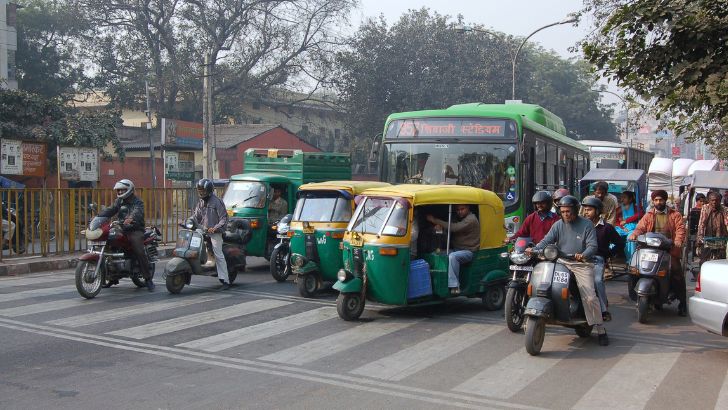

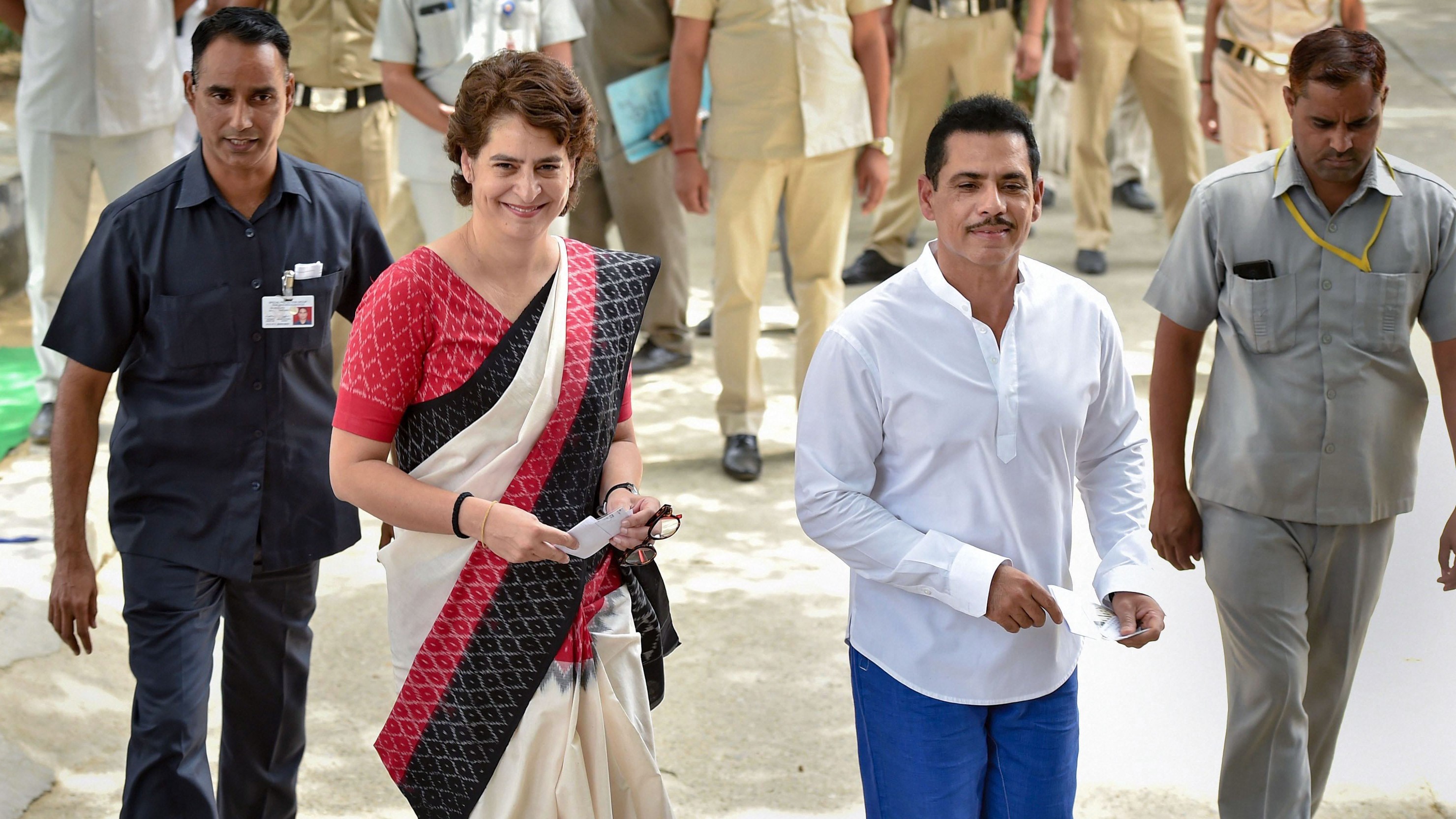
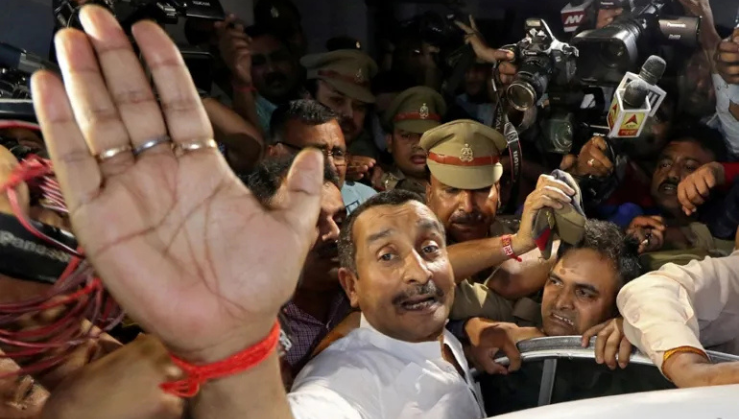
.png)

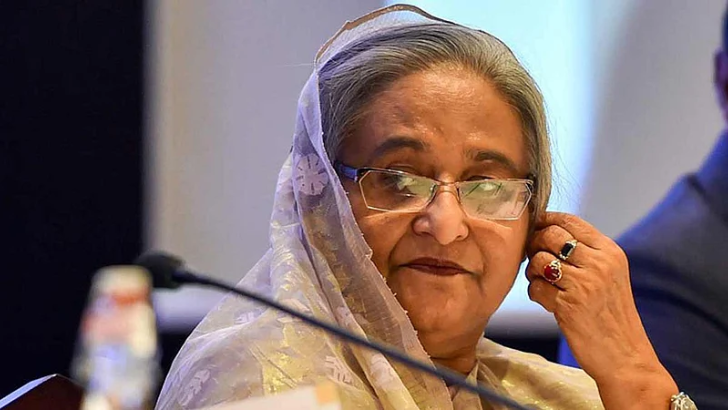
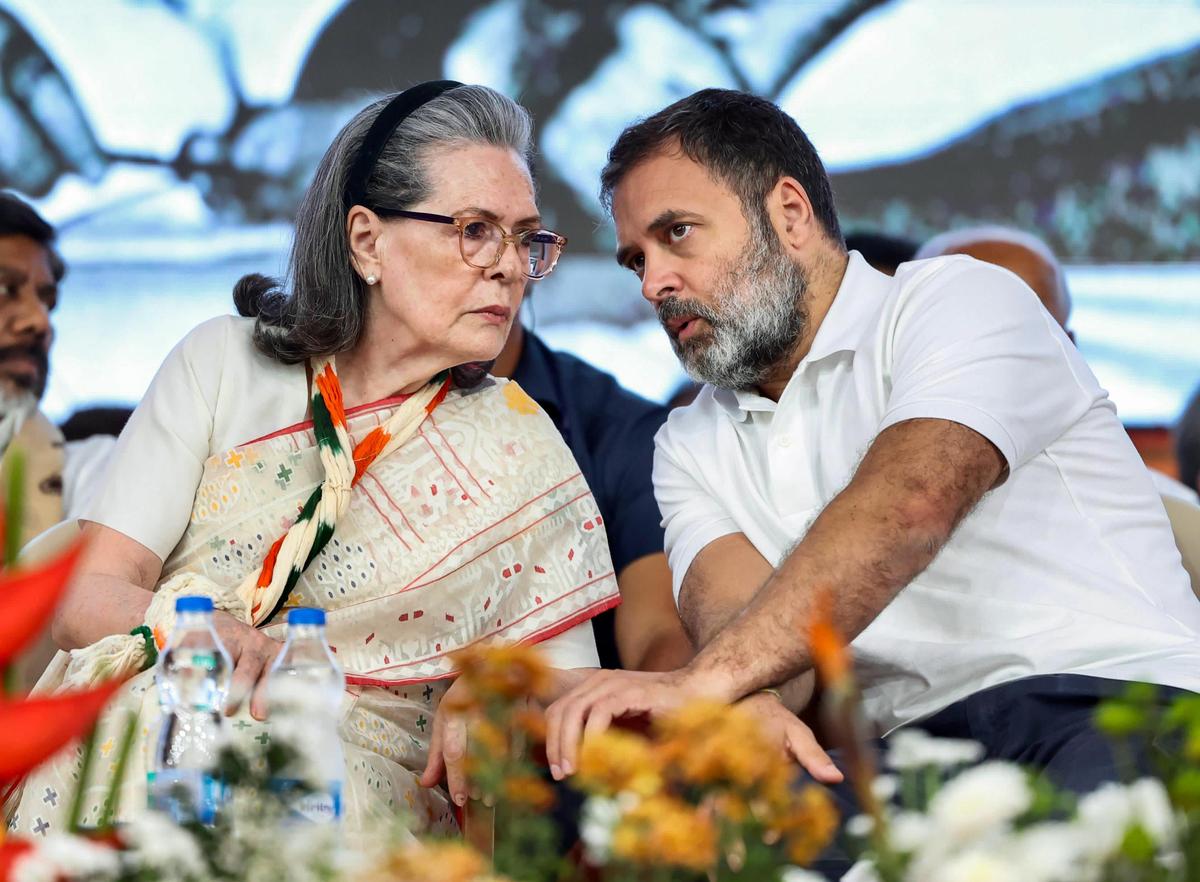

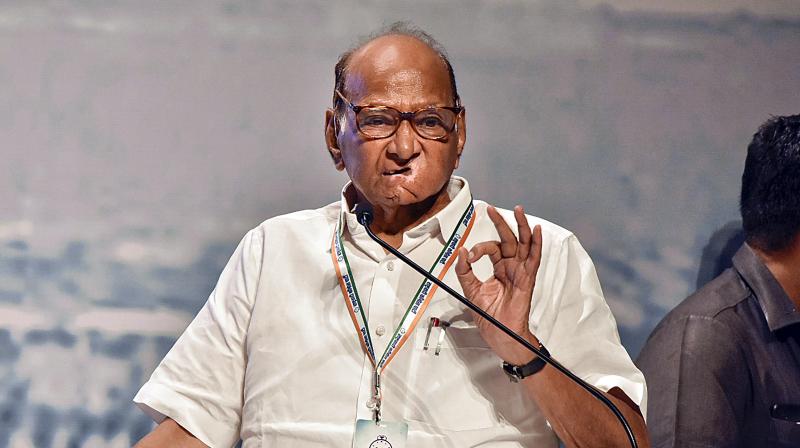
.jpg)

